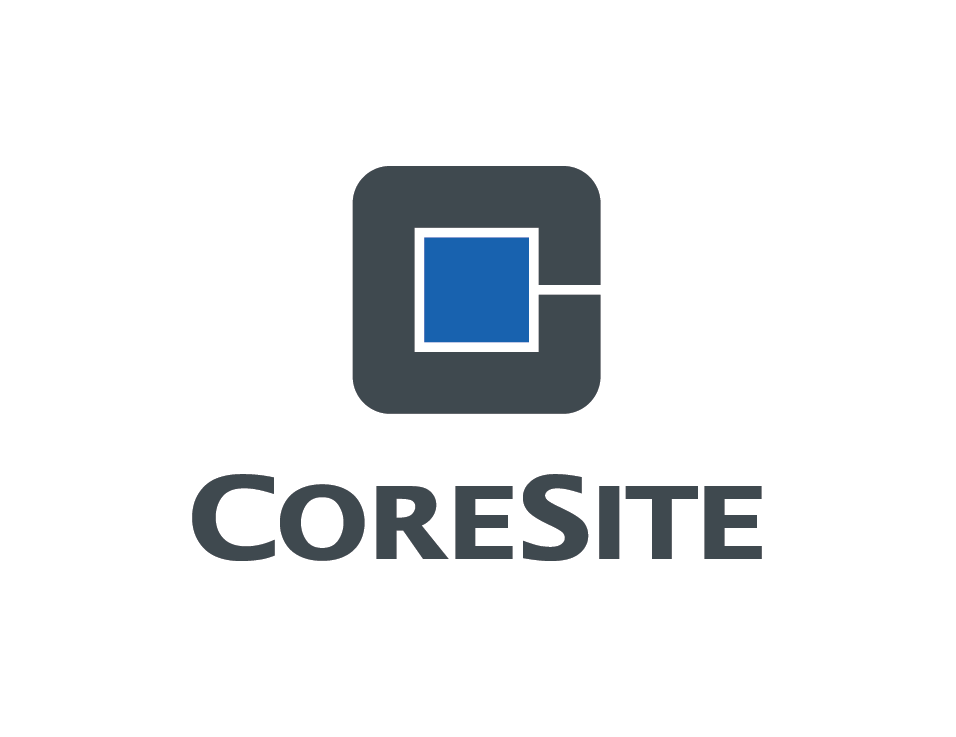Bridging The Mental Health Divide

In light of all the impending budget cuts to many of San Francisco’s health and human services, I’ve been thinking about one of our community’s most important, and yet often overlooked social services–mental health care. Far too often, even in my own life I overlook anxiety, stress and other mental health issues as secondary and less important than the physical ailments I might face. But the truth is, the line between mental and physical health is less distinguishable than we think.
I recently spent some time with St. Anthony Free Medical Clinic‘s therapists, who explained that more and more of the physical ailments patients present with are difficult to diagnose medically. In fact, a recent study indicates that about 70% of all medical appointments are for problems stemming from psychosocial issues. Insomnia, tension headaches, and non-localized pain are just a few of the most prevalent “somatic complaints”–symptoms that we often conceptualize as physical but are actually closely tied to issues like stress or anxiety. Because of the social stigma surrounding mental health issues and other factors, however, the majority of those in need of mental health treatment don’t receive care at all. For many of the poor and homeless patients we see in the Clinic, untreated mental health problems are the greatest barrier to maintaining healthy lifestyles and achieving good overall health.
The Clinic is often the first point of contact for patients who, because of stigma and/or cultural barriers, lack of insurance, or poverty, would not otherwise seek out mental health services in a traditional setting. In addition to primary care and specialty services, we provide onsite individual therapy, nutrition counseling, and smoking cessation counseling. We provide group therapy focused on stress reduction, as well as a support group for Latina women. We help patients with chronic diseases like diabetes and asthma understand and take control of their condition through self-management counseling and peer support groups.
We provide all of these services in an integrated, primary care setting, helping reduce barriers to vital mental health treatment. This approach to care helps ensure that any door is the right door in accessing the holistic range of care we all need to thrive.













































